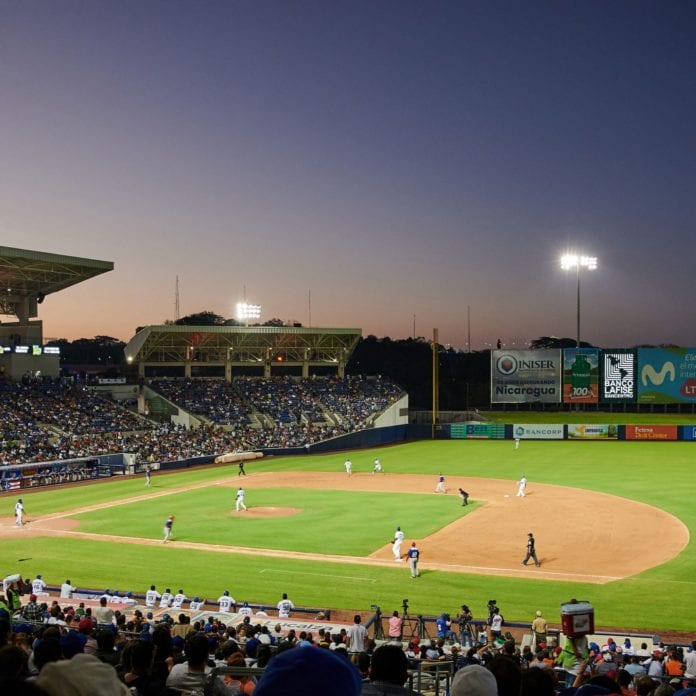The 2021 Major League Baseball (MLB) season kicks off in just a few days and this time around, 16 ballparks — beginning with Boston’s Fenway Park — will be outfitted with Extreme Networks’ Wi-Fi 6 solutions and analytics that will deliver improved in-stadium experiences for fans, players and employees. Extreme Networks’ CMO Wes Durow, spoke with RCR Wireless News to provide more detail about what to expect from the digital transformation.
“The MLB has always been super advanced when it comes to technology,” Durow explained, “and they try to provide a common footprint across the parks.” He added that because of this, Extreme expects its Wi-Fi contract with the league to extend to more ballparks in the future.
In a press release, Ed Meyercord, president and CEO of Extreme Networks echoed this sentiment:”Major League Baseball is a pioneer in using technology to advance how fans interact with the sport. Extreme’s industry leading solutions, which leverage state-of-the-art cloud, mobility and analytics capabilities, will help the league, its teams, and fans connect data, devices, and people together in the most effortless manner possible.”
In addition to creating a consistent fan experience across all its parks, MLB has been focused on creating a more welcoming atmosphere for younger and more diverse fans, which Durow says involves having a solid Wi-Fi experience and the new features it can enable, such as a cashless and touch-less environment and more convenient concession stand placement and line management.
“It’s a unique time in sports, and the fan experience has evolved,” he said of the industry as a whole. “If you look at how the younger generation watches sports, like football, it’s all about fantasy football and they’re watching games in chunks. Being able to support that transformation is part of it. We’re all looking for a more customized, personalized experience, one that reflects the experience we now get online.”
But bringing state-of-the-art connectivity to baseball stadiums is not just about delivering things like touch-less ticket entry or beer purchases, it’s also about what the stadium able to do with the data it can now gather, such as tracking player stats — something MLB and its fans are known to focus on.
Wi-Fi 6, which has a number of advanced features like MU-MIMO, 160-megahertz channels and OFDMA, has long been touted as the right solution for any type of device-dense environments, and a sports stadium certainly falls into that category.
OFDMA effectively shares channels to increase network efficiency and lower latency for both uplink and downlink traffic in high demand environments; MU-MIMO allows more downlink data to be transferred at once and enables an access point to transmit data to a larger number of devices concurrently; and 160 MHz channels increases bandwidth to deliver greater performance with low latency.
An additional capability enabled by Wi-Fi is insight into which smartphone applications are being used the most while fans are at a game. What is interesting is that this usage seems to differ from stadium to stadium. According to Durow, this insight creates a revenue opportunity by making it possible for a stadium to give preferential treatment on its network to certain apps that demonstrate higher usage, which at the same time, will improve fan experience by allowing them to more easily access the content they are most interested in accessing.
“It’s not only a monetization opportunity, but also a better fan experience,” he summarized.
The Wi-Fi 6 solution installations, scheduled to continue throughout 2026, include a variety of the company’s Wi-Fi 6 products because, as Durow put it, this project is “not even close to a one-size-fits all-model.”
“The process starts with a three-day audit and mapping process,” he continued. “Each stadium is really unique. For instance, an older park like Fenway — how it’s designed, even where you can put APs, the interference with the iron beams — it’s fundamentally very different than a newer park.”
Once this step is completed, Extreme selects the Wi-Fi AP units that will best follow the outlined mapping plan, taking into account each MLB stadium’s unique features.
Extreme Networks also works with the NFL and played a major role in the digital experience offered at this year’s Super Bowl.

